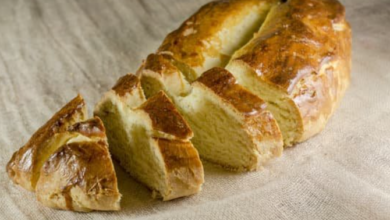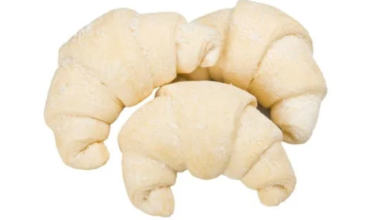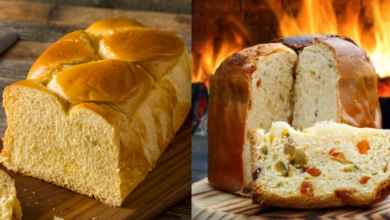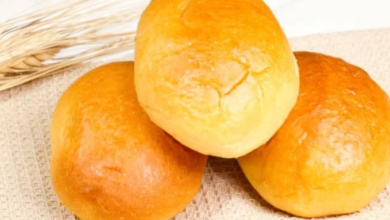Do Brioches Get Moldy Faster than Other Breads?
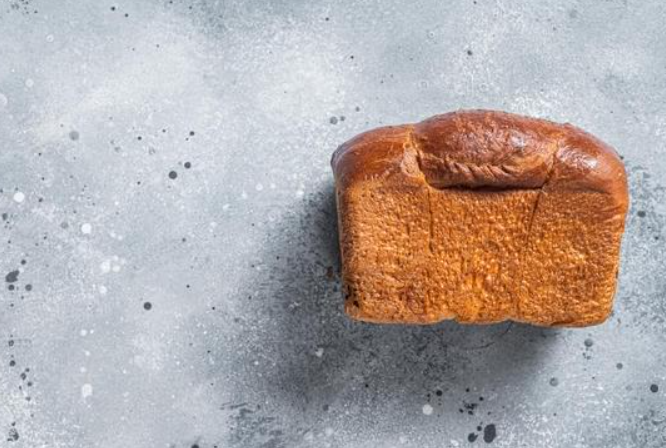
What To Know
- Understanding the factors that contribute to mold growth empowers us to take proactive steps to safeguard our brioche.
- Consider using a breadbox or wrapping it loosely in a clean cloth to prevent moisture buildup.
- Place the brioche in a freezer-safe bag and freeze it for up to 3 months.
Brioche, the delectable bread with its golden-brown crust and airy interior, is a culinary delight. However, like all good things, it comes with its own set of potential pitfalls. One such concern is the dreaded mold that can haunt baked goods. So, does brioche succumb to mold’s insidious attack?
The Science Behind Mold Growth
Mold, a microscopic fungus, thrives in moist environments with access to organic matter. Bread, with its high moisture content and abundance of carbohydrates, provides an ideal breeding ground for these unwelcome guests.
Factors Influencing Mold Growth on Brioche
Several factors play a crucial role in determining whether brioche will succumb to mold:
Storage Conditions:
Brioche, like other bread, should be stored in a cool, dry place. Avoid storing it in airtight containers, as this traps moisture and encourages mold growth.
Temperature:
Mold thrives at temperatures between 40°F (4°C) and 100°F (38°C). Keeping brioche at room temperature for extended periods increases the risk of mold.
Humidity:
High humidity levels provide a favorable environment for mold. Storing brioche in humid areas or exposing it to excessive moisture will accelerate mold growth.
How to Prevent Mold on Brioche
Understanding the factors that contribute to mold growth empowers us to take proactive steps to safeguard our brioche:
Proper Storage:
Store brioche in a cool, dry place. Consider using a breadbox or wrapping it loosely in a clean cloth to prevent moisture buildup.
Refrigeration:
If you plan to store brioche for an extended period, refrigeration is a viable option. However, be sure to wrap it tightly to prevent moisture loss and freezer burn.
Freezing:
Freezing brioche is an effective way to inhibit mold growth. Place the brioche in a freezer-safe bag and freeze it for up to 3 months.
Can You Eat Moldy Brioche?
When mold strikes, it’s tempting to salvage the unaffected portions of the brioche. However, this is strongly discouraged. Mold can produce harmful toxins that can cause illness even if only a small portion is consumed.
Signs of Mold on Brioche
Recognizing the telltale signs of mold on brioche is crucial:
Visible Growth:
Mold appears as fuzzy or powdery spots on the bread’s surface. It can vary in color from white to green, blue, or black.
Off-Smell:
Moldy brioche often emits a musty or sour odor.
Taste:
If you suspect mold on brioche, do not taste it. Mold can produce bitter or unpleasant flavors.
What to Do if Your Brioche Gets Moldy
If you discover mold on your brioche, discard it immediately. Do not attempt to salvage any part of it. Also, clean the storage area thoroughly to prevent further contamination.
The Bottom Line: Preserving the Brioche’s Delicacy
By understanding the factors that influence mold growth on brioche and implementing preventive measures, we can savor this culinary delight without fear of its untimely demise. Remember, proper storage, refrigeration, and freezing are our allies in the battle against mold.
Answers to Your Questions
Q1: How long can brioche be stored at room temperature?
A1: Brioche can be stored at room temperature for 2-3 days.
Q2: Can I freeze brioche with fillings?
A2: Yes, you can freeze brioche with fillings, but it’s best to do so before the fillings have been added.
Q3: How do I defrost frozen brioche?
A3: Thaw frozen brioche at room temperature for several hours or overnight in the refrigerator.

